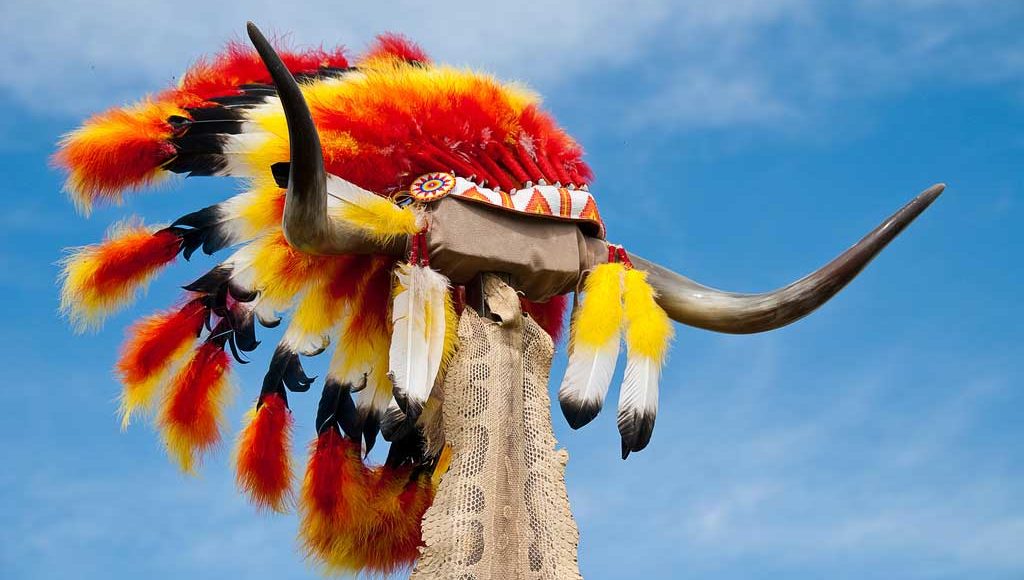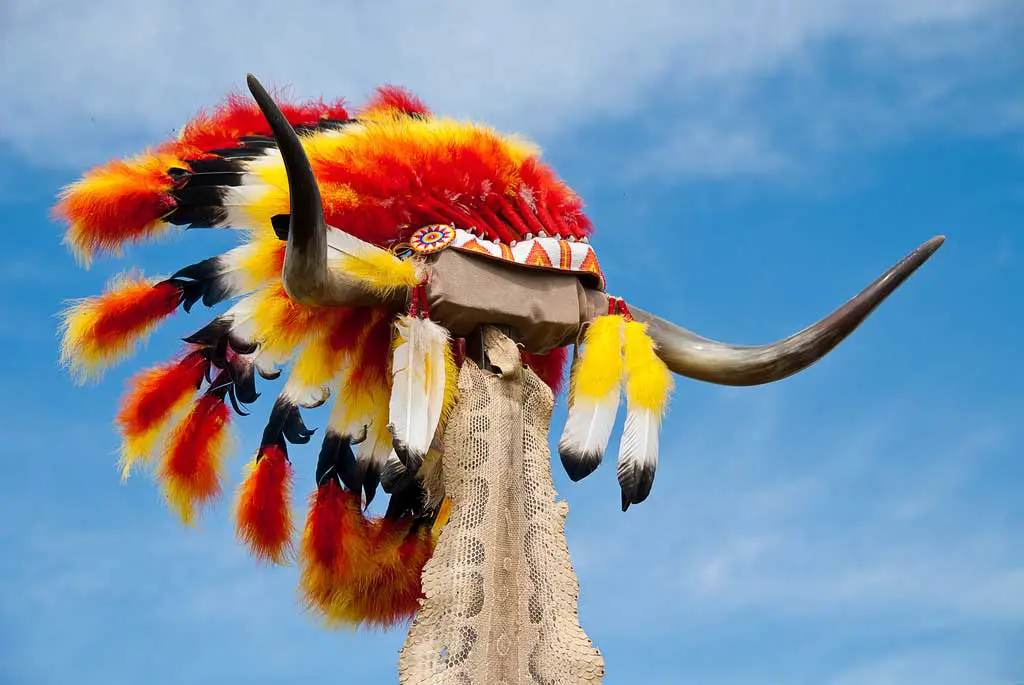The Native American ancestors had lived on the American continents long before the European conquerors invaded their lands. They have been suppressed and discriminated for decades until different organisations occurred in order to restore justice and try to preserve their culture.
There are scientists and researchers from all over the world whose job is to examine the origin, history and culture of the Indigenous Peoples. Native American studies is an academic field that analyses those subjects concerning the First Nations not only in North America but in all the Americas. A recent DNA research showed that the genealogy of the Native American ancestors is uncommon and that they came from a single ancestral Asian population.
For many years there has been a debate whether ancestors of Native Americans emigrated to the New World in one wave or multiple successive waves. One of the theories was based on an earlier research that had found a rare genetic marker in the DNA samples of modern Native Americans. The rest of the ethnic groups that were tested did not contain that marker which made the scientists think that the American aboriginals’ genealogy is one of the most unique in the world. Now, after comparing the DNA samples from people of Native American and Eurasian groups the results have proved this theory to be right.
The earlier study was carried out by an international team of researchers who found a unique variation of a genetic marker called “9-repeat allele” (9RA). The allele was present in all Native American and Asian (from the western side of the Bering Strait) populations that were tested. Yet this allele was absent in all 54 of the Eurasian, African and Oceanian groups the team sampled.
The researchers concluded that the most reasonable explanation was that all modern Native Americans, Greenlanders and western Beringians descend from a single founding population. Although this scenario was quite convincing the evidence was not foolproof. There were other plausible explanations for the widespread of the 9RA in the Americas.
One of the prevailing migration theories was the multiple-wave hypothesis which suggested that three ethnic groups migrated into the Americas in separate waves. If there had been more than one ancestral founder population and the 9RA had been present only in one of them, it could easily have passed to the other ethnic groups and mutate.
To rule out this hypothesis, a team of researchers led by Noah Rosenberg of the University of Michigan examined the DNA samples of people from 31 modern-day Asian populations, 19 Native American, one Greenlandic and two western Beringian populations. The presence of the 9RA allele among all three ethnic groups but the Asian suggests that a single founding population contributed a large percentage of ancestry to all Native American populations.
The results also showed that in each sample with the 9RA had a distinct pattern of base pairs in short stretches of DNA, a pattern they rarely observed in people without the allele. As Schroeder, one of the authors of the study and a lecturer at the University of California, concluded, “If natural selection had promoted the spread of a neighboring advantageous allele, we would expect to see longer stretches of DNA than this with a similarly distinct pattern. And we would also have expected to see the pattern in a high frequency even among people who do not carry the 9-repeat allele. So we can now consider the positive selection possibility unlikely.”
Finally, the scientists are at one about the single ancestral population theory. As Schroeder added, “Our work provides strong evidence that, in general, Native Americans are more closely related to each other than to any other existing Asian populations, except those that live at the very edge of the Bering Strait.”
That single population was most likely located in the eastern portion of Siberia just before the crossing over the Bering land bridge.
Source of the image: Chris Parfitt




